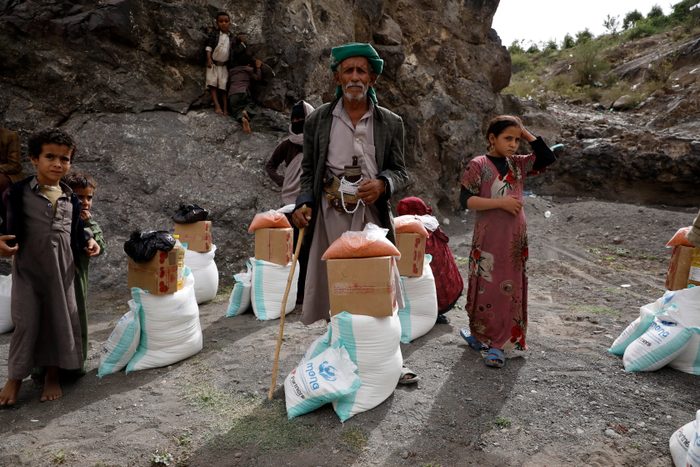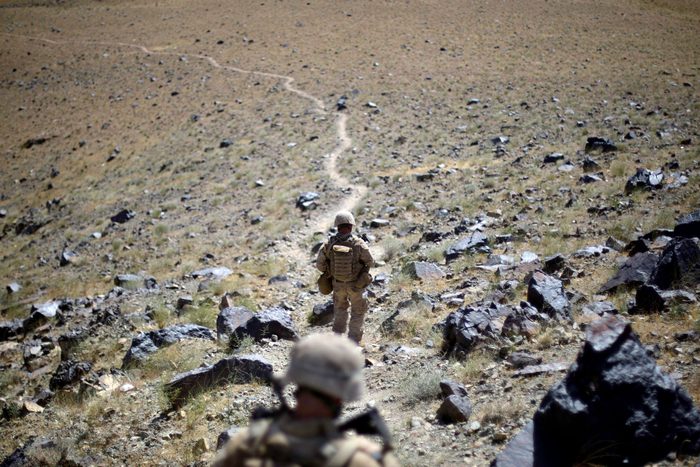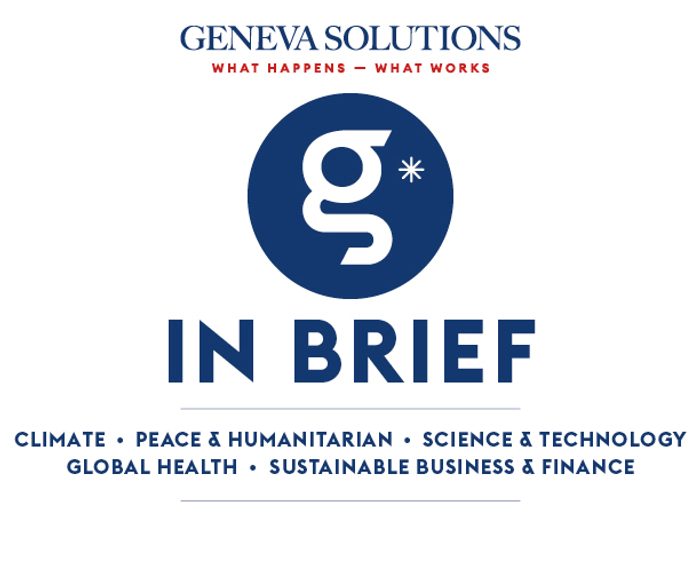Hello, this is Pip, and today we’re taking a closer look at how funding shortfalls due to Covid-19 and aid cuts by international donors are impacting NGOs in Geneva, and how they’re weathering the storm.
We’re also pondering what’s next for Afghanistan as Western troops withdraw after nearly 20 years on the ground, and hearing how countries are pledging to advance gender equality in the wake of the pandemic. |
|
Peace and Humanitarian News
|
|

A displaced Yemeni family queue to receive food aid, June 2021. UN humanitarian appeals for the world’s “worst humanitarian crisis” have fallen far short of targets this year despite escalating famine and conflict, with the UK cutting its funding by two-thirds. (EPA / Yahya Arhab)
|
|
🇬🇧How are UK aid cuts impacting organisations in Geneva?
The UK government’s decision to slash its humanitarian aid budget has been sending shockwaves through the NGO community even since it was announced in late 2020, with details of which organisations will bear the brunt of the cuts trickling out in the following months. Many NGOs in Geneva are now facing difficult decisions over how to cope with major funding shortfalls that could jeopardise their operations in countries around the world.
Geneva Solutions (EN)
|
|
💰 A closer look at funding outlook for NGOs.
More than one year after the outbreak of the Covid-19 pandemic, Geneva NGOs have proved largely resilient and managed to adapt to the new environment. However, fears of a delayed impact on their budgets, as seen after the global financial crisis, remain. We look at how they’ve weathered the storm, and what the future holds.
Geneva Solutions (EN)
|
|
Here’s what else is happening
|

US marines descend from an observation post near Now Zad in Afghanistan's Helmand province, June 2009. Fewer than 1000 US troops are thought to be left in the country now the military operation has come to a close. (AP Photo / David Guttenfelder)
|
|
What now for Afghanistan?
The US and its Nato allies were due to fully withdraw troops from Afghanistan by September, bringing the 20-year military operation in the country to a close. However, the departure of US troops from the Bagram Airfield on Friday suggested the US pullout could be complete within days, with the UK expected to follow suit this month. The abrupt withdrawal against a backdrop of rising violence by the increasingly powerful Taliban and stalled peace talks has caused alarm, with the UN warning that a “possible slide toward dire scenarios is undeniable”.
The Guardian (EN)
|
|

Image credit: Indian women take part in a protest against rape on International Women's Day in New Delhi, India, 2018. (EPA / Rajat Gupta)
|
|
The UN-hosted Generation Equality Forum wrapped up in Paris on Friday with close to $40 billion in new commitments for a global five-year action plan to radically speed up progress on advancing gender equality, with a focus on tackling gender-based violence, promoting sexual and reproductive health rights and achieving climate justice among other issues. The new plan comes amid concerns that the pandemic has exacerbated a crisis in women’s rights, with millions more women facing poverty, violence and unemployment.
UN News (EN)
|
|
|
GS news is a new media project covering the world of international cooperation and development. Don’t hesitate to forward our newsletter!
Have a good day!
|

|
|
Avenue du Bouchet 2
1209 Genève
Suisse
|
|
|
|










